To provide the best experiences, we use technologies like cookies to store and/or access device information. Consenting to these technologies will allow us to process data such as browsing behaviour or unique IDs on this site. Not consenting or withdrawing consent, may adversely affect certain features and functions.
The technical storage or access is strictly necessary for the legitimate purpose of enabling the use of a specific service explicitly requested by the subscriber or user, or for the sole purpose of carrying out the transmission of a communication over an electronic communications network.
The technical storage or access is necessary for the legitimate purpose of storing preferences that are not requested by the subscriber or user.
The technical storage or access that is used exclusively for statistical purposes.
The technical storage or access that is used exclusively for anonymous statistical purposes. Without a subpoena, voluntary compliance on the part of your Internet Service Provider, or additional records from a third party, information stored or retrieved for this purpose alone cannot usually be used to identify you.
The technical storage or access is required to create user profiles to send advertising, or to track the user on a website or across several websites for similar marketing purposes.
 A new poll from MHR claims that people appear to prefer flexible to hybrid working. It suggests that a greater proportion of employees would prefer to work in the office with flexible hours (51 percent) than work from home with structured hours (41 percent). The survey [registration] of over 1,200 full time office workers across the UK and Ireland set out to find how their experience working remotely during the coronavirus pandemic compared to their usual work practices. (more…)
A new poll from MHR claims that people appear to prefer flexible to hybrid working. It suggests that a greater proportion of employees would prefer to work in the office with flexible hours (51 percent) than work from home with structured hours (41 percent). The survey [registration] of over 1,200 full time office workers across the UK and Ireland set out to find how their experience working remotely during the coronavirus pandemic compared to their usual work practices. (more…)









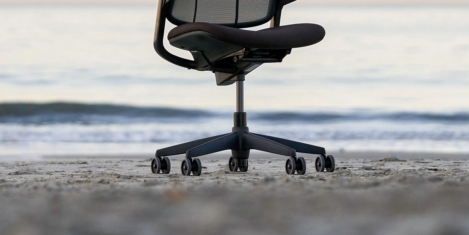
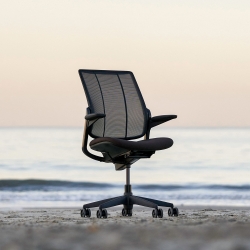
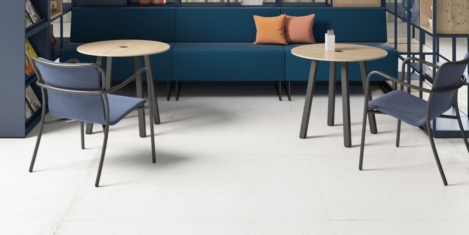
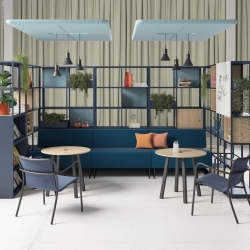










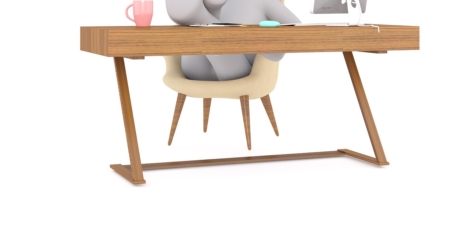
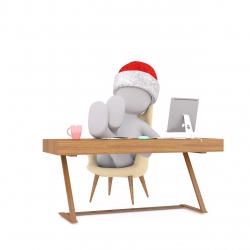








January 4, 2023
What IS hybrid working?
by Neil Usher • Comment, Flexible working